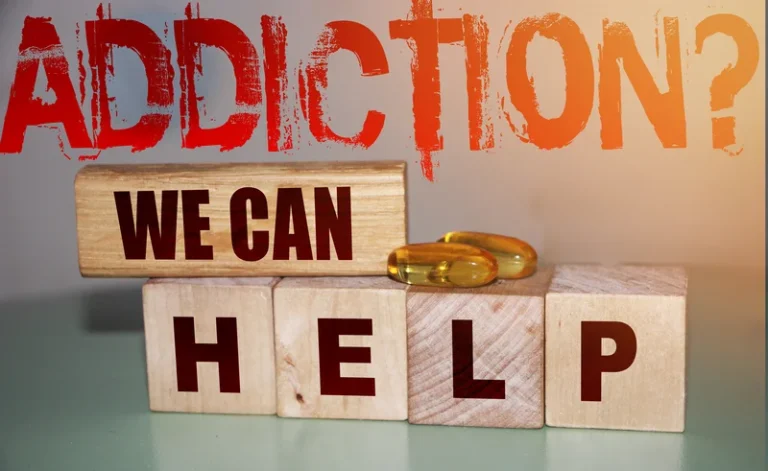
Clinicians work together to ensure all departments provide cohesive and consistent treatment for clients struggling with their surroundings. Narcissism and alcoholism feed off one another, and if either is left untreated, the risk of relapse and severe illness or injury increases significantly. Alcohol detox helps clients learn essential social skills and other tools to manage the symptoms of NPD.
Alcohol Abuse and Narcissistic Tendencies
According to a 2018 article, due to the common co-occurrence of personality disorders and AUD, it is important that substance misuse services screen for personality disorders and vice versa. Similarly, many people who misuse alcohol might display very few signs of narcissism. Cognitive Behavioral Therapy (CBT) is a key treatment for narcissistic alcoholism. It helps individuals identify and change negative thought patterns and behaviors related to both conditions. People with narcissistic traits often have trouble maintaining healthy relationships. They may struggle with jealousy, have a sense of entitlement, and display manipulative behaviors.
Treatment

However, various research supports the link between some narcissistic traits and alcohol misuse. Understanding the reinforcing patterns and negative consequences of the narcissism-alcoholism cycle is crucial in developing effective treatment approaches. By addressing both conditions simultaneously, individuals can break free from this destructive cycle and work towards a healthier and more fulfilling life. Understanding the relationship between narcissism and covert narcissist alcoholic alcoholism is a complex endeavor.
The Impact on Relationships and Mental Health
Alcohol use disorder (AUD) is prevalent, impacting millions worldwide, and often coexists with other psychological conditions. According to recent studies, approximately 14.5 million Americans aged 12 and older had AUD in 2019, highlighting the widespread nature of this issue. Here, we aim to explore the relationship between alcoholism and narcissism as they frequently go hand in hand and reinforce each other. Understanding this connection is crucial for effective treatment and recovery.
- By understanding the connection between the two and seeking help when needed, it is possible to overcome these challenges and lead a healthy, fulfilling life.
- Narcissists may turn to alcohol as a means of self-medication or as a way to enhance their self-esteem.
What treatment options are available for each condition?

We help you understand why you’re struggling and partner with you in creating a plan for treatment. Our personalized support takes a deep look at healing childhood trauma and finding a path toward health in your life. If you notice signs of AUD or NPD in yourself or someone you love, there is hope in recovery. Setting boundaries and respecting the boundaries of others is a cornerstone of long-term recovery for clients with access to Sober living home residential treatment. Setting healthy boundaries by engaging in positive social situations reduces the risk of relapse.
The Relationship Between Alcoholism and Narcissism

By seeking help and engaging in treatment, individuals can begin their journey towards recovery, healing relationships, and achieving a healthier sense of self. It is important to remember that recovery is a process, and with the right support and dedication, positive change is possible. Remember, the treatment approach may vary depending on the individual’s specific needs and the severity of their conditions. It is crucial to consult with a qualified healthcare professional or addiction specialist to determine the most appropriate treatment plan for your circumstances. For individuals with pre-existing NPD, alcohol abuse can worsen symptoms and lead to increased grandiosity, aggression, and emotional instability. The distorted perception of self and others, coupled with impaired judgment due to alcohol, can create a volatile combination that takes a toll on mental well-being.

Through their writing and compassionate coaching, Taylor empowers individuals, fostering personal growth and helping them lead fulfilling lives in recovery. Rebuilding trust and fostering healthy communication are essential for recovery. Our family therapy programs educate loved ones about addiction and NPD while providing tools for healing damaged relationships. As we conclude our discussion on the intricate relationship between alcohol and Narcissistic Personality Disorder (NPD), it’s crucial to approach this topic with empathy and insight.
A person with NPD may prioritize their own needs and desires over the well-being of their partner or family members. They may engage in manipulative tactics, blame others for their problems, and exhibit controlling behaviors. Alcohol abuse can exacerbate these negative tendencies, leading to erratic and unpredictable behavior that further damages relationships. This means that vulnerable narcissists tended to recognize the existence of alcohol problems. They may experience arrogance, manipulation, rejection, and a lack of empathy.

Understanding Narcissism and Alcoholism
These strategies aim to provide individuals with the tools and support they need to address both conditions effectively. Exploring the relationship between narcissism and alcoholism provides insight into the complex interplay between these conditions. While not everyone with narcissistic traits develops alcoholism, recognizing the shared comorbidity and underlying risk factors is essential for effective treatment and support. Seeking professional help for individuals struggling with co-occurring narcissism and alcoholism is crucial to address their unique needs and challenges. Understanding the relationship between alcoholism and narcissistic behaviors is crucial in developing effective treatment approaches.